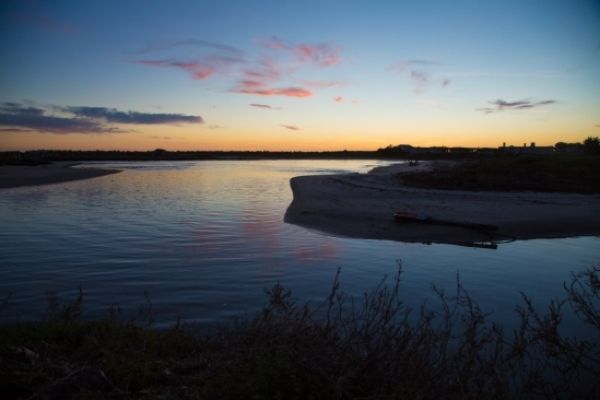They exist all over the world, are among the most productive ecosystems on Earth and are home to a diverse array of wildlife. They also are essential to the global economy. They are estuaries — coastal embayments where fresh river water and salty ocean water meet.
But this simple definition belies the estuary’s complexity, diversity and importance to human sustainability.
“Estuaries are tricky in that they don’t fit well with terrestrial science or oceanography,” said Nick Nidzieko, a professor in the Department of Geography at UC Santa Barbara. Call them deltas, sloughs, salt marshes, harbors, sounds or bays, estuarine systems are neither fully marine nor fully riverine or riparian. This mixing of characteristics, diversity of habitats and variability in quality have made it difficult for scientists to draw conclusions about how these systems collectively contribute to global processes, particularly with regard to carbon and nutrient cycling through the coastal zone.
Read more at University of California - Santa Barbara
Photo: Carpinteria Salt Marsh. CREDIT: Matt Perko


